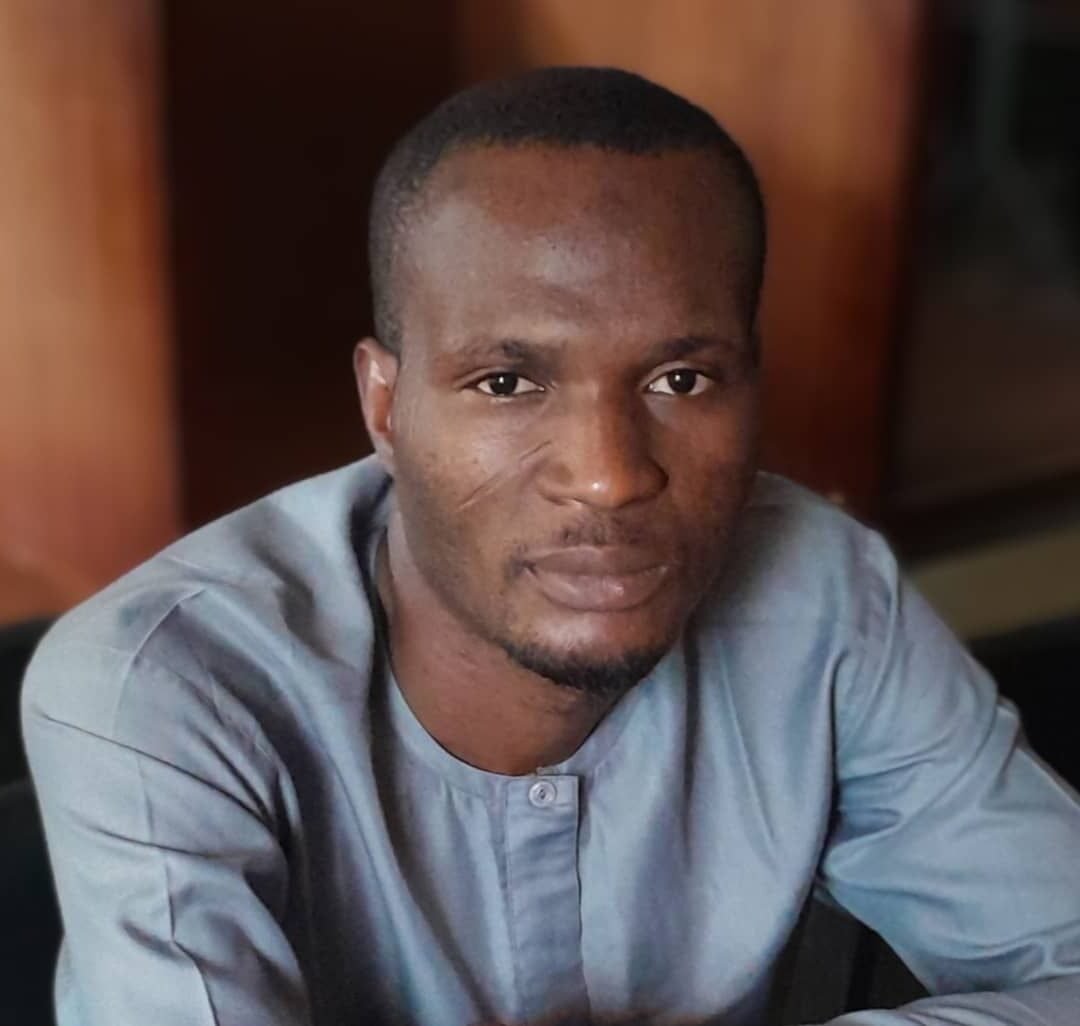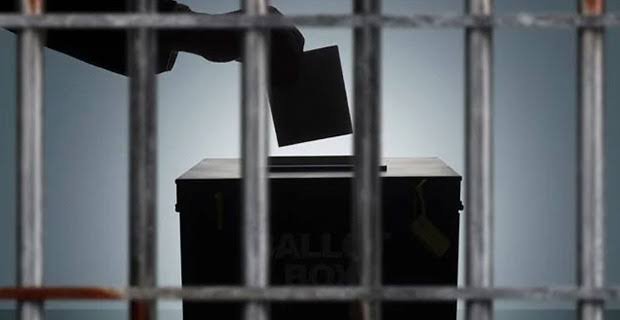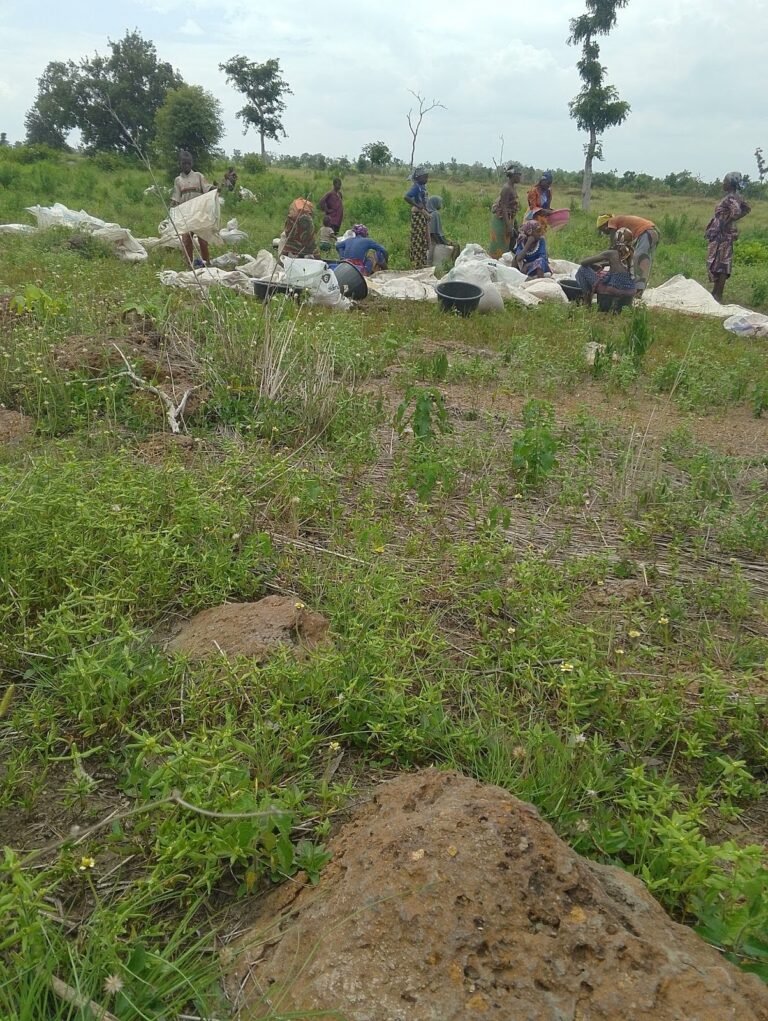In 2020, for the first time in Accra, Ghana, polling units extended beyond city streets and into the Ho Central Prison. There, inmates under the watch of guards cast their ballots.
While such a scene remains unthinkable in Nigeria, it has just become hopeful.
With over 77,800 inmates spread across correctional facilities, the prospect of prisoners voting in the 2027 elections has again come into the limelight. The Independent National Electoral Commission (INEC) recently signalled its intention to allow Nigerian inmates the right to vote in the 2027 election.
“We are aware that the right to vote is a human right which can not be taken away from citizens on account of time served in a constitutional facility,” said Prof. Mahmood Yakubu, INEC chairman.
However, this decision awaits the validation of the Nigerian National Assembly, which needs to amend the electoral law and integrate inmates into the voting net ahead of the 2027 general election.
But this is not a new fight. Back in 2014, a Federal High Court in Benin ruled that inmates had the right to vote. Yet during the 2015 elections, the judgment sat unimplemented, leaving out more than 57,000 potential voters.
Today, human rights advocates argue that denying inmates the right to vote violates the 1999 Constitution. Sections 77, 117, and 132 state plainly that every Nigerian of voting age is entitled to participate in elections.
“Apart from mental incapacity, there are no buts or ifs,” says Abiodun Baiyewu, Executive Director of Global Rights.
To many advocates, voting behind bars is more about respecting the rights of the inmates who have already lost so much. In fact, argues activist Deji Adeyanju, detention does not extinguish citizenship and fundamental human rights in a democratic country.
Lawyer Ekon Ejembiem agrees with Adeyanju’s submission and adds that inmates can safely participate in the upcoming elections with the proper security arrangements. More importantly, not all inmates are convicts; thousands await trial and are presumed innocent until proven guilty, he said. To strip them of their vote is double jeopardy.
Lessons from Africa
Nigeria’s hesitation looks increasingly out of place on the continent. Malawi is among the African countries Nigeria could emulate. After identifying the need for inclusive elections, the court ruled in favour of the prisoners exercising their voting rights in 1999. From that moment, the prisoners were rigorously educated and reintegrated into the polls to vote in many elections.
Namibia also achieved a milestone when prisoners were allowed to vote in the 2021 elections. Then we have Ghana, our West African neighbour, which broke ground in 2020 by bringing election materials into prisons.
For Nigeria, the stakes go beyond numbers. Prisoner voting could be a test for the country’s democratic maturity.















